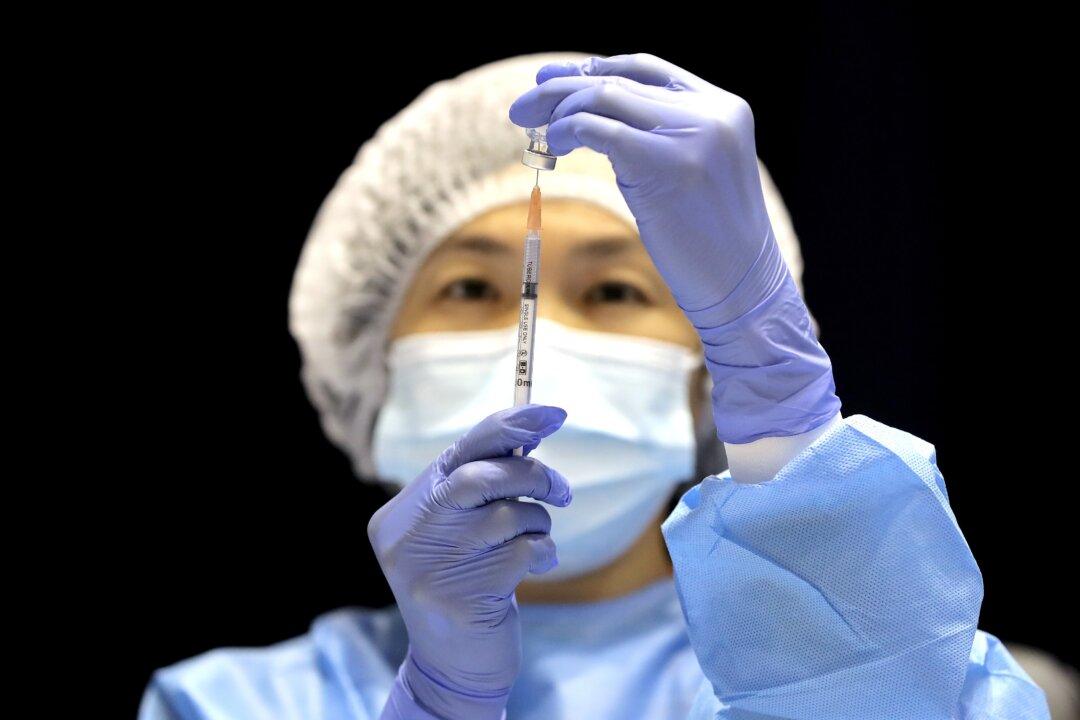Western Australia (WA) has announced it will be easing border restrictions for fully vaccinated travellers, reintroducing state-wide mask mandates, and implementing stricter vaccine passports for regions with lower vaccination rates.
The Safe Transition Plan announced last month has been cemented for Feb. 5, 2022—the date the state is projected to reach 90 percent fully vaccinated.





